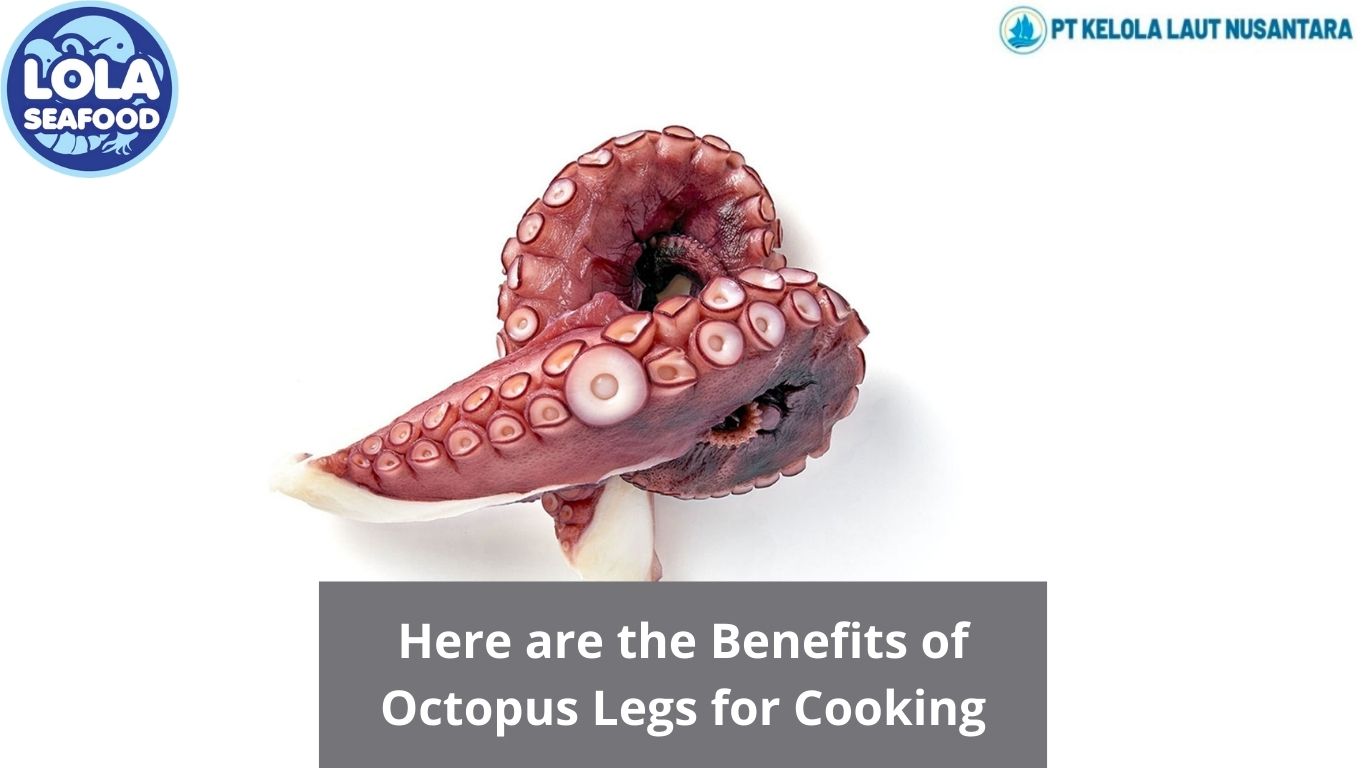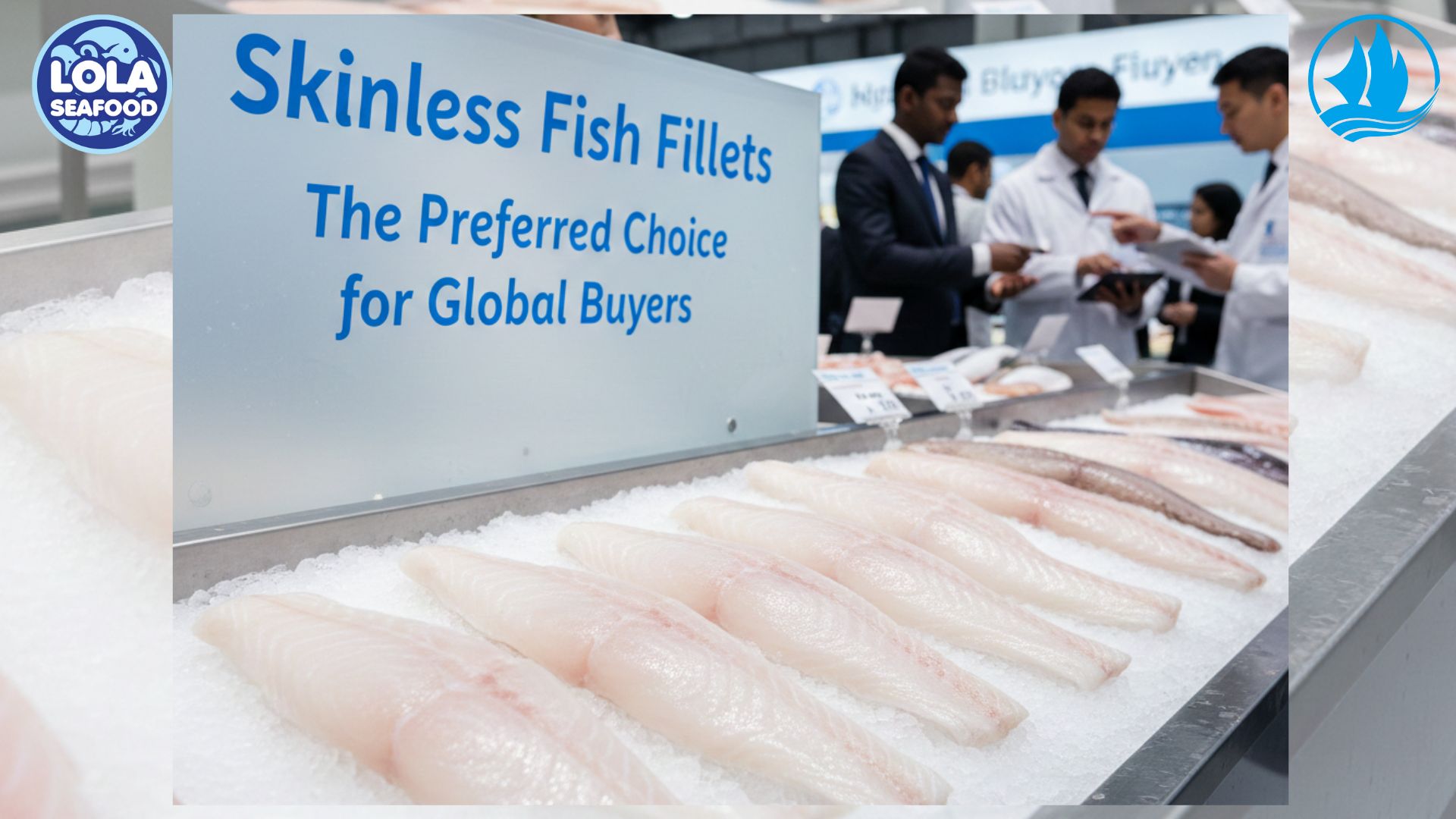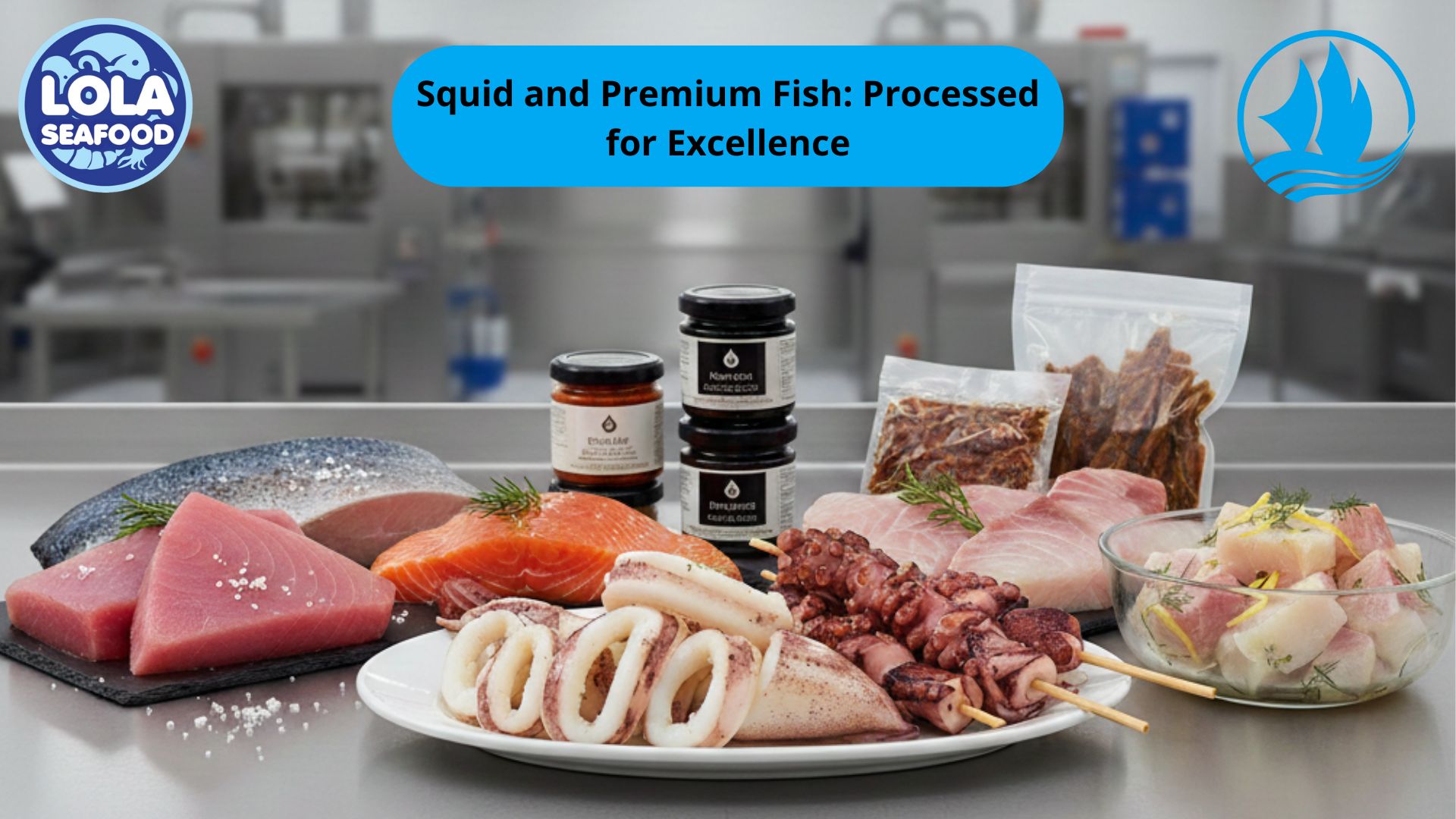Here are the Benefits of Octopus Legs for Cooking
By. Ely Kusniawati - 14 Jan 2025
Kelolalaut.com Octopus legs, also known as tentacles, are a prized ingredient in cuisines around the world. From Mediterranean grilled octopus to Japanese Takoyaki, these versatile appendages are celebrated for their unique flavour, texture, and nutritional benefits. Whether you’re a seasoned chef or an adventurous home cook, incorporating octopi’s legs into your dishes can elevate your culinary creations.
Rich, Distinct Flavour
Octopus legs have a subtle, slightly sweet, and briny flavour that is reminiscent of the sea. This makes them an excellent pairing with a wide range of ingredients, including citrus, olive oil, garlic, herbs, and spices. When prepared correctly, their flavour is delicate enough to complement bold seasonings while still retaining its oceanic essence.
Unique Texture
One of the most appealing aspects of octopus legs is their unique texture. When cooked properly, they strike a perfect balance between tenderness and chewiness. Achieving this texture requires proper preparation—slow simmering or braising is often employed to tenderize the legs before finishing them with a quick grill, roast, or sear. This dual-texture experience makes octopus legs a culinary delight and a standout ingredient in many dishes.
Culinary Versatility
Octopus legs can be prepared using a variety of cooking methods, making them a versatile choice in the kitchen. They can be boiled, grilled, roasted, or even served raw as sashimi in certain cuisines. Grilled octopuses’ legs are a Mediterranean favourite, often served with a drizzle of olive oil, lemon juice, and fresh herbs. In Asian cuisine, they are often stir-fried with bold sauces or incorporated into street food dishes like Takoyaki. Their adaptability ensures that they can be used in everything from appetizers to main courses.
Nutritional Benefits
In addition to their culinary appeal, octopuses’ legs are a nutritious option. They are low in fat and calories while being an excellent source of protein, making them ideal for health-conscious eaters. They are also rich in essential nutrients such as vitamin B12, iron, selenium, and omega-3 fatty acids, which support brain health, cardiovascular function, and overall well-being. Including octopuses’ legs in your diet can provide a satisfying and healthful alternative to more traditional protein sources like beef or chicken.
Sustainable Seafood Option
Sustainability is an important consideration for modern cooks, and octopus can be a responsible seafood choice when sourced correctly. Many octopus’s species are abundant and reproduce quickly, making them less vulnerable to overfishing compared to other marine species. Opting for responsibly sourced octopus ensures you can enjoy its culinary benefits while supporting sustainable fishing practices.
Tips for Cooking Octopus Legs
Preparing octopus legs may seem daunting, but with the right approach, it’s straightforward. Start by tenderizing the legs through simmering or braising in a flavourful liquid. Afterward, finish them on a grill or skillet to achieve a slightly crispy exterior while keeping the inside tender. For added flavour, marinate the legs with your favourite seasonings before cooking.
Octopus legs are a culinary treasure that brings bold flavour, unique texture, and impressive versatility to the table. Their nutritional benefits and potential as a sustainable seafood option make them a worthwhile addition to any menu. Whether you’re grilling them for a summer barbecue or incorporating them into a sophisticated seafood dish, octopuses’ legs are sure to impress your guests and expand your culinary repertoire.
If youre interested in our Baby Octopus Flower, Baby Octopus Whole Round, Octopus Leg and Baby Octopus Whole Cleaned please do not hesitate to contact us through email and/or whatsapp.








